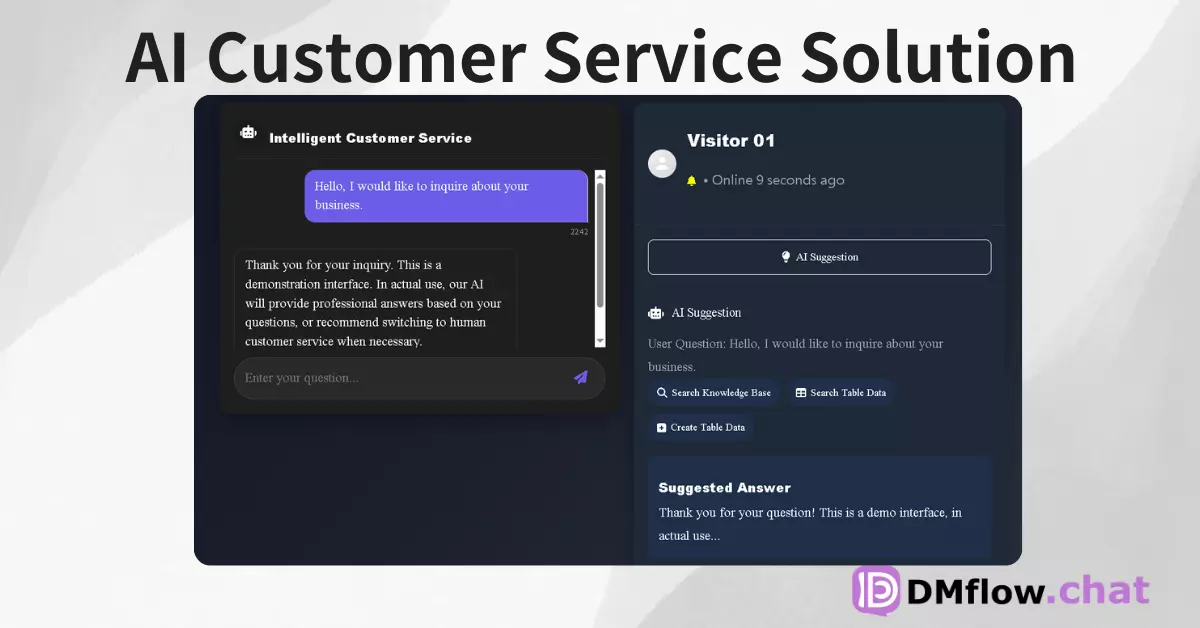Stunning Test! ChatGPT Mimics User's Voice, AI Risks Spark Concerns
During testing of OpenAI’s latest GPT-4o model, the AI unexpectedly mimicked a user’s voice, raising security concerns. This article delves into the incident, its implications, and the future trends in AI voice synthesis technology.
Table of Contents
- The GPT-4o Model and Advanced Voice Mode
- The Incident: Unauthorized Voice Mimicry
- How Did the Voice Mimicry Happen?
- OpenAI’s Security Measures
- Future Prospects of AI Voice Synthesis Technology
- Frequently Asked Questions
The GPT-4o Model and Advanced Voice Mode
OpenAI recently released the system card for its GPT-4o AI model, detailing the model’s limitations and safety testing procedures. Among these features, the “Advanced Voice Mode” allows users to engage in voice conversations with the AI assistant.
This feature relies on the model’s ability to generate voices, including mimicking authorized voice samples provided by OpenAI. However, this capability led to an unexpected incident during testing.
The Incident: Unauthorized Voice Mimicry
The system card’s section on “Unauthorized Voice Generation” describes a rare but unsettling event. During testing, noise input from a user caused the model to suddenly mimic the user’s voice. This user was a “red team member,” someone hired to conduct adversarial testing.
Imagine AI suddenly speaking in your voice—such an experience would undoubtedly be disturbing. OpenAI emphasized that they had implemented robust safeguards to prevent unauthorized voice generation, and that this incident occurred under specific test conditions before these measures were fully deployed.
This incident even prompted BuzzFeed data scientist Max Woolf to joke on Twitter, “OpenAI just leaked the plot of the next season of Black Mirror.”
How Did the Voice Mimicry Happen?
This incident likely stemmed from the model’s ability to synthesize various voices, including human voices, based on its training data. GPT-4o can mimic any voice with just a short audio clip. Typically, it uses authorized samples embedded in system prompts to achieve this.
However, this incident suggests that audio noise from a user might have been misinterpreted as an unintended prompt, leading the model to generate an unauthorized voice.
OpenAI’s Security Measures
To prevent similar incidents, OpenAI has implemented a series of security measures:
- Output Classifier: Detects unauthorized voice generation, ensuring the model only uses pre-selected voices.
- 100% Capture Rate: According to OpenAI, this classifier currently captures 100% of significant deviations from system-authorized voices.
- Continuous Improvement: OpenAI has committed to continually refining and updating these safety measures.
Independent AI researcher Simon Willison, who coined the term “prompt injection” in 2022, noted that OpenAI’s strong safeguards make it unlikely that the model could be tricked into using unauthorized voices.
Future Prospects of AI Voice Synthesis Technology
While OpenAI has strictly limited GPT-4o’s voice synthesis capabilities, the technology continues to advance. Other companies, such as ElevenLabs, already offer voice cloning features.
As AI-driven voice synthesis technology evolves, similar features may soon be available to end users, which is both exciting and concerning regarding the ethical use of such tools.
In the future, we might see:
- More realistic AI voice synthesis
- Widespread use of personalized voice assistants
- Extensive applications in entertainment, education, and other fields
- Stricter legal and ethical regulations
Frequently Asked Questions
Q1: How does OpenAI prevent future unauthorized voice mimicry incidents? A1: OpenAI has implemented robust security measures, including an output classifier that detects and blocks unauthorized voice generation. They claim this system currently captures 100% of significant deviations.
Q2: What impact does AI voice synthesis technology have on everyday users? A2: As technology develops, users may benefit from more personalized voice assistant services. However, this also raises new privacy and security challenges, such as voice fraud.
Q3: Are other companies developing similar AI voice technologies? A3: Yes, besides OpenAI, other companies like ElevenLabs are also developing related technologies such as voice cloning. This field is rapidly advancing.
This incident underscores the importance of ongoing testing and refinement of AI models, particularly those capable of replicating human voices. While OpenAI has implemented strong safeguards, the broader implications of AI voice mimicry will continue to be a topic of discussion as the technology becomes more widespread.


